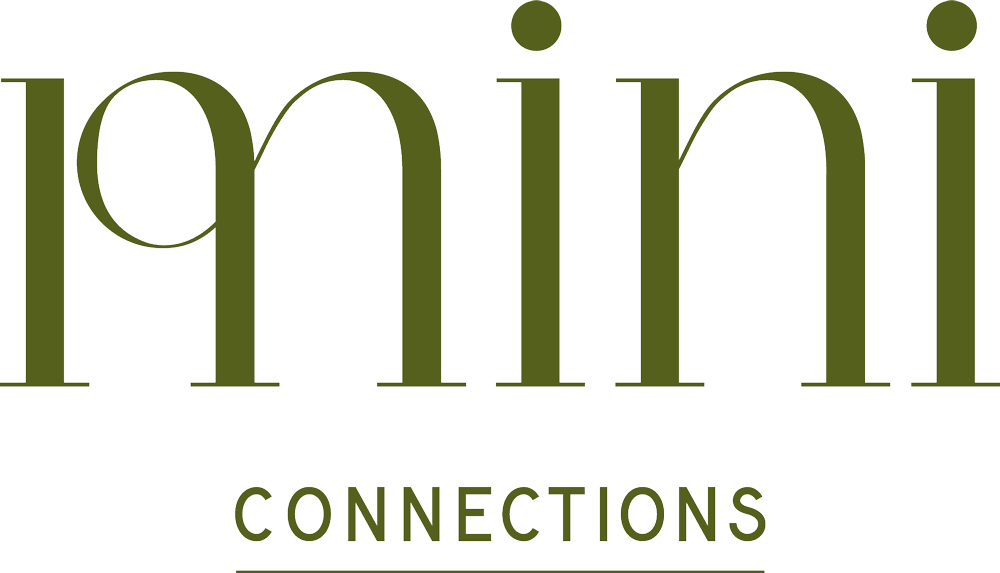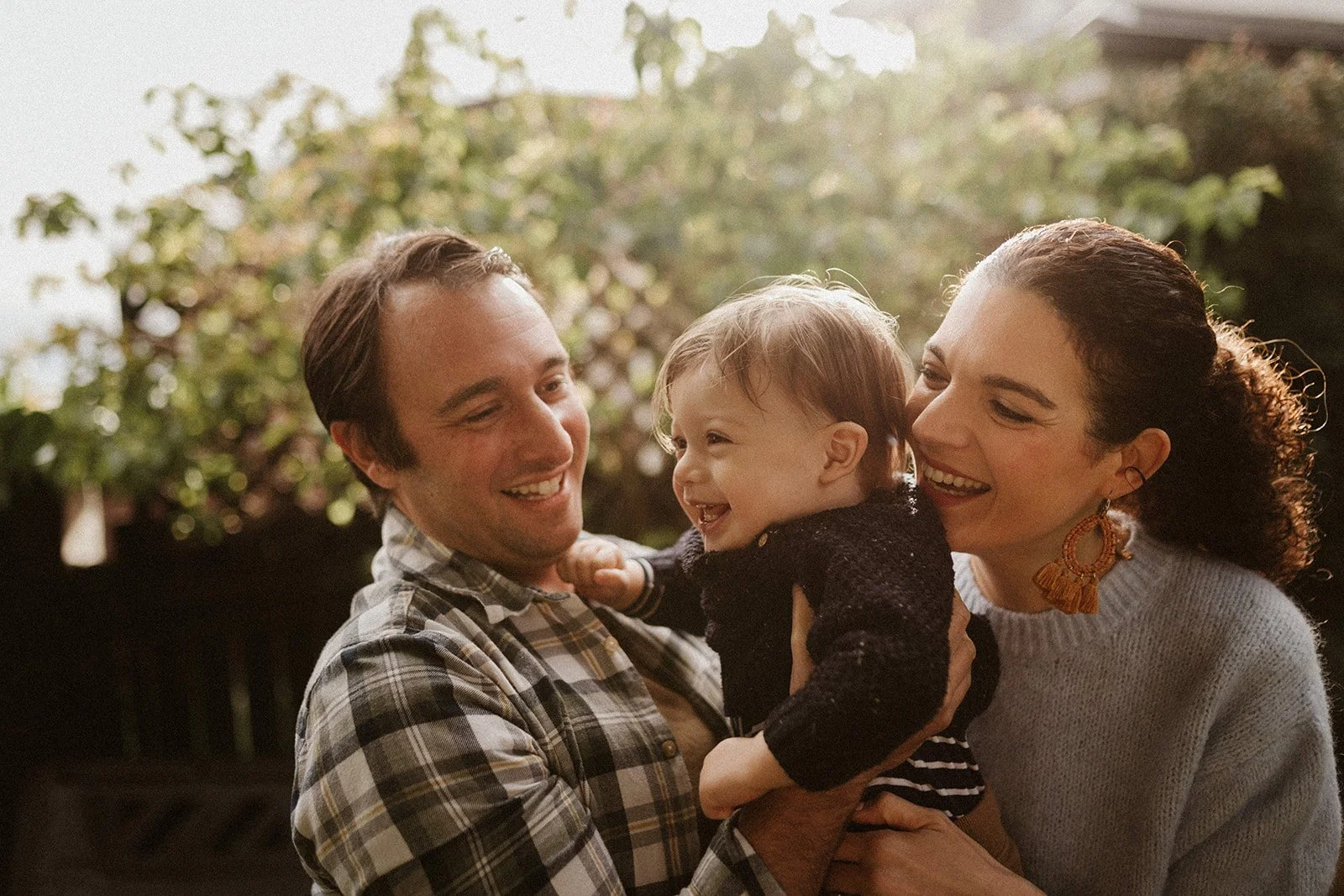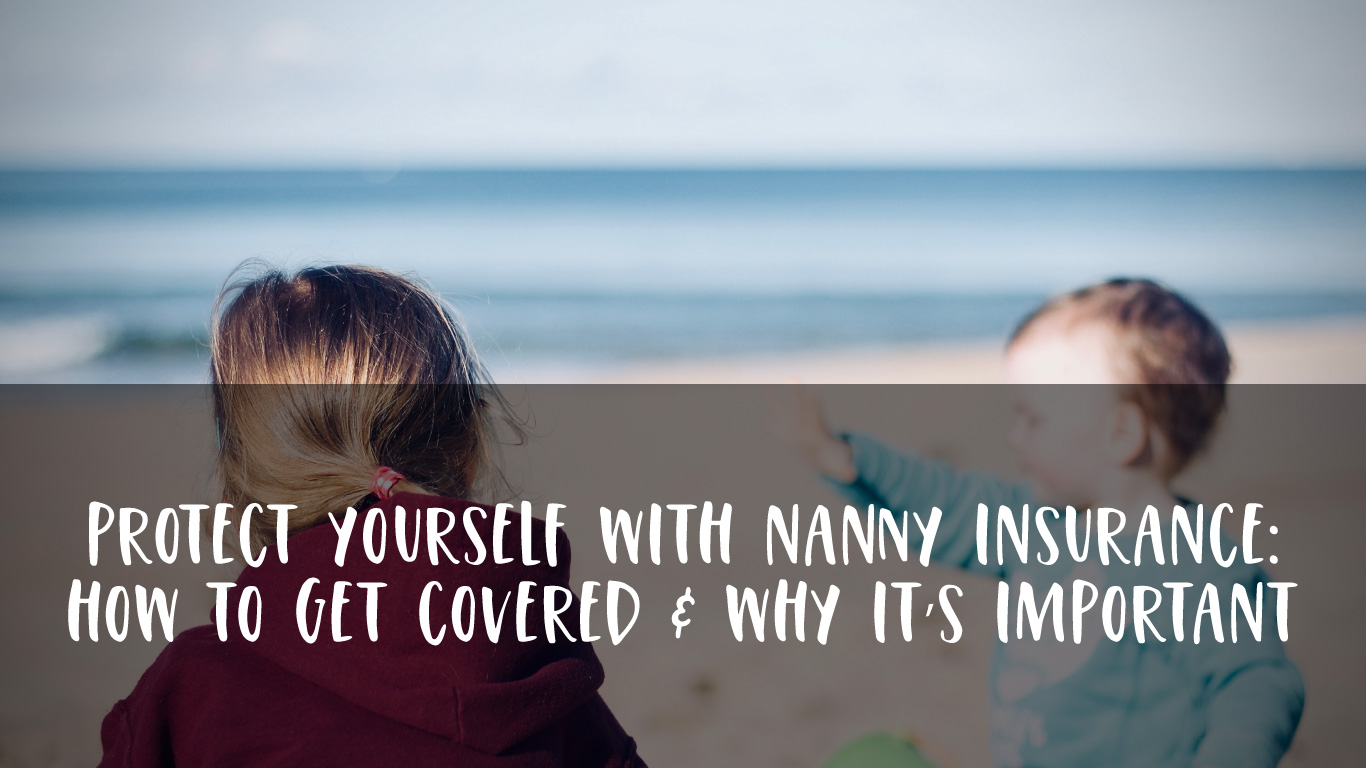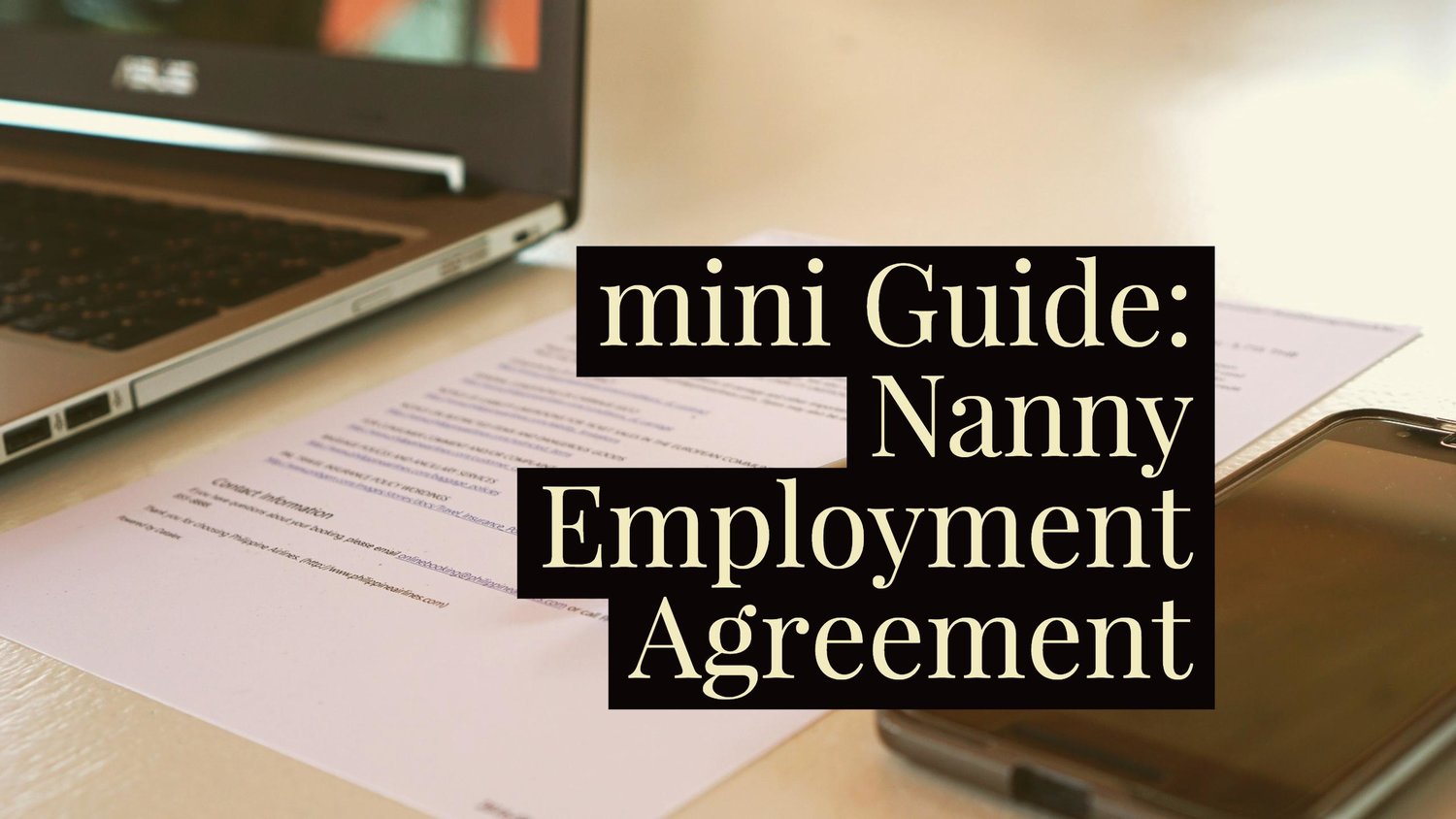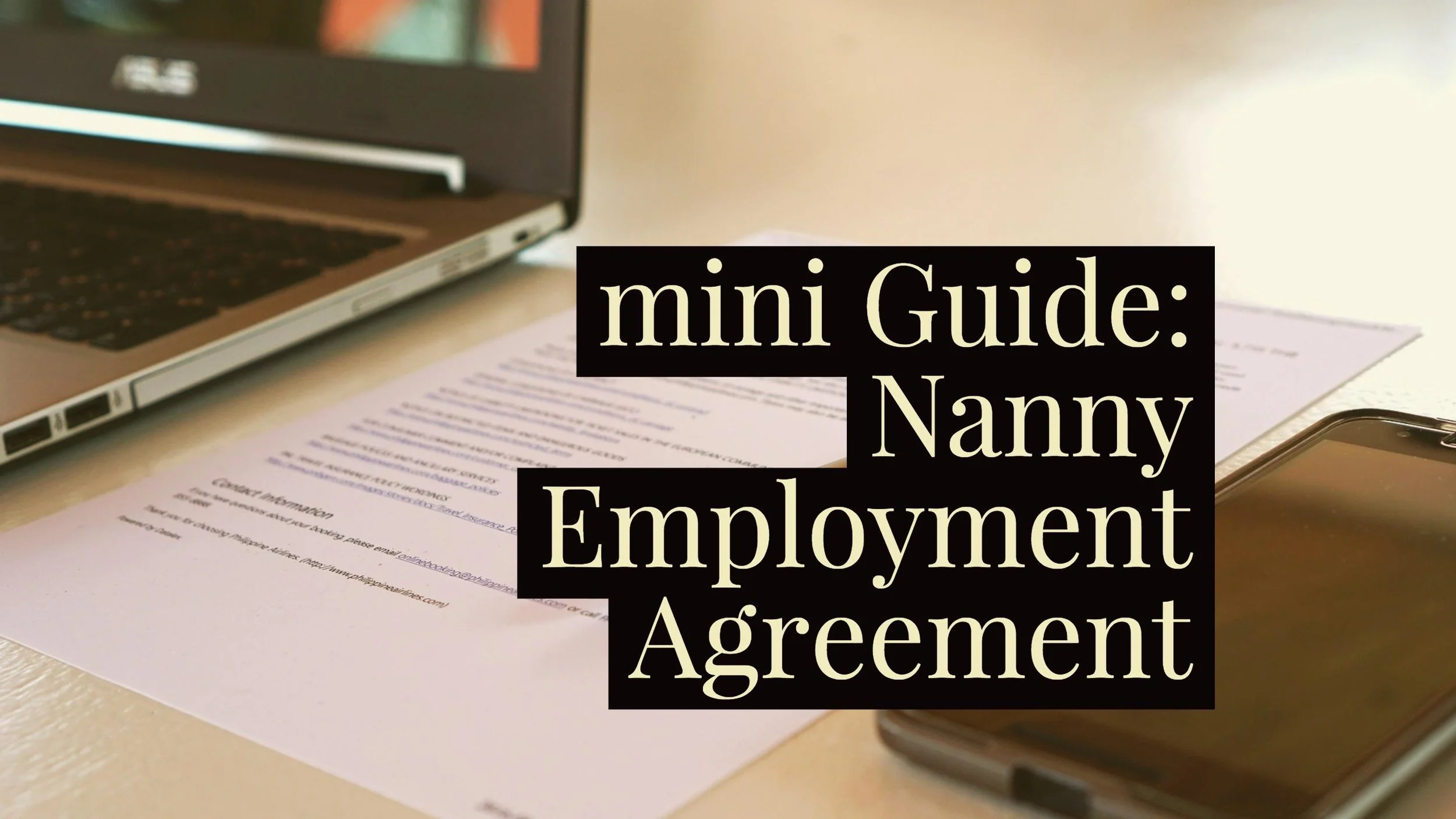The Difference Between a Nanny and a House Cleaner (there is a big difference!!)
/A nanny and a house cleaner have two very different jobs. Sure, a nanny takes on some tidying tasks around the house, but they are always centred around the children’s activities.
It’s their role to provide a safe, nurturing and stimulating environment for the children in their care.
We believe this is a topic not spoken of enough, or people are generally unaware of. It’s time we set some records straight for nannies, babysitters, house cleaners, and families out there.
Nanny & Housecleaner Costs/Wages
An average house cleaner wage in Australia earns on average $25/ hour, and a nanny earns $25/ hour (depending on the nanny’s experience and skill set of course). We understand that raising a child is costly, but hiring one person to do both the role of a house cleaner AND a childcare professional for the cost of one person’s wage is simply unreasonable.
Some nannies are keen to do both roles, but when you’re finding the candidate to fill the position, make sure it’s clear from the start that you are looking for both a house cleaner and nanny. We can’t stress enough how important it is to establish an employment agreement contract with the people who work in your household. This clearly communicates the job description and so much more essential information.
What are a nanny’s responsibilities?
- Create a safe and stimulating environment for children
- Run errands
- Light housework (general tidying, dishes, taking out the trash, etc…)
- Reinforce appropriate discipline for the children
- Help with homework
- Tidy children’s bedrooms and play areas
- Plan and supervise nap and bedtimes
- School and activity drop-offs and pickups
- Take the children out for outdoor activities and schedule children’s activities
- Wash and clean up after the children’s meals
- Prepare meals and snacks for children
- Dress the children appropriate to the child’s activities
- Bathe babies, change nappies, and prepare bottles, and feed
Although cleaning is not on this list, the reality is nannies clean a lot--all day, in fact. We all know kids and babies are messy. Nannies clean up the crumbs and spills after each meal, load and unload the dishwasher, tidy and organise the kids play rooms, disinfect toys, do the children’s laundry, wipe down the kitchen counters, and clean up after activities.
Manageing Expectations
You wouldn’t ask your house cleaner to pick up your child from school or expect them to cook dinner for your minis, so it’s not appropriate to ask your nanny to clean the bathroom or do the whole family’s laundry.
Most nannies are happy to do household chores like the dishes, tidying up after the children’s things, and light washing. If you’re asking your nanny to go above these duties, you will need to pay them for more for their time and workload, as nannies typically don’t look for positions to clean up after the whole family.
Your Nanny is a Part of the Team
Messes that happen before a nanny is on duty, should be the parents’ responsibility. Please do not leave a mess behind for the nanny to pick up when they come on the clock. A great nanny will go above and beyond for their families because they are eager to help the family, but there is a point where the nanny begins to feel taken advantage of especially when families begin to take the nanny’s extra efforts as expectation. A little appreciation goes a long way, and teamwork is key to a happy household.
Are you a nanny who is doing more chores than you are comfortable? Please, speak up. Most the time, parents don’t understand it is not typical for nannies to pick up after the parents too, so have a meeting to voice your concerns. Are you willing to take on more household chores if the family compensates you with a raise? Or do you want your duties to remain childcare oriented?
If your nanny is happy to do so, you can schedule one day a week when you need your nanny to do some extra tidying up on top of their childcare duties and pay them a higher rate for that day.
Parents, are you thinking this might break the bank? Consider what is more important to your household at this time: a house cleaner or a nanny?
Brisbane, Gold Coast, Byron Bay, & Sydney Premier Nanny Agency
